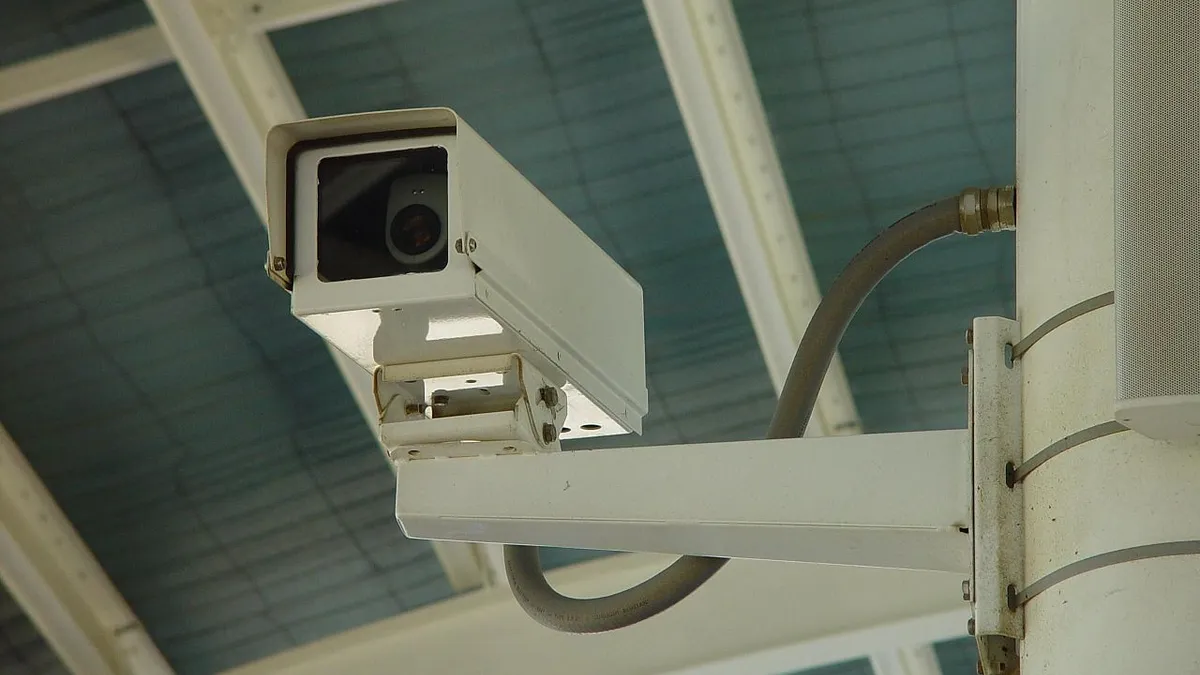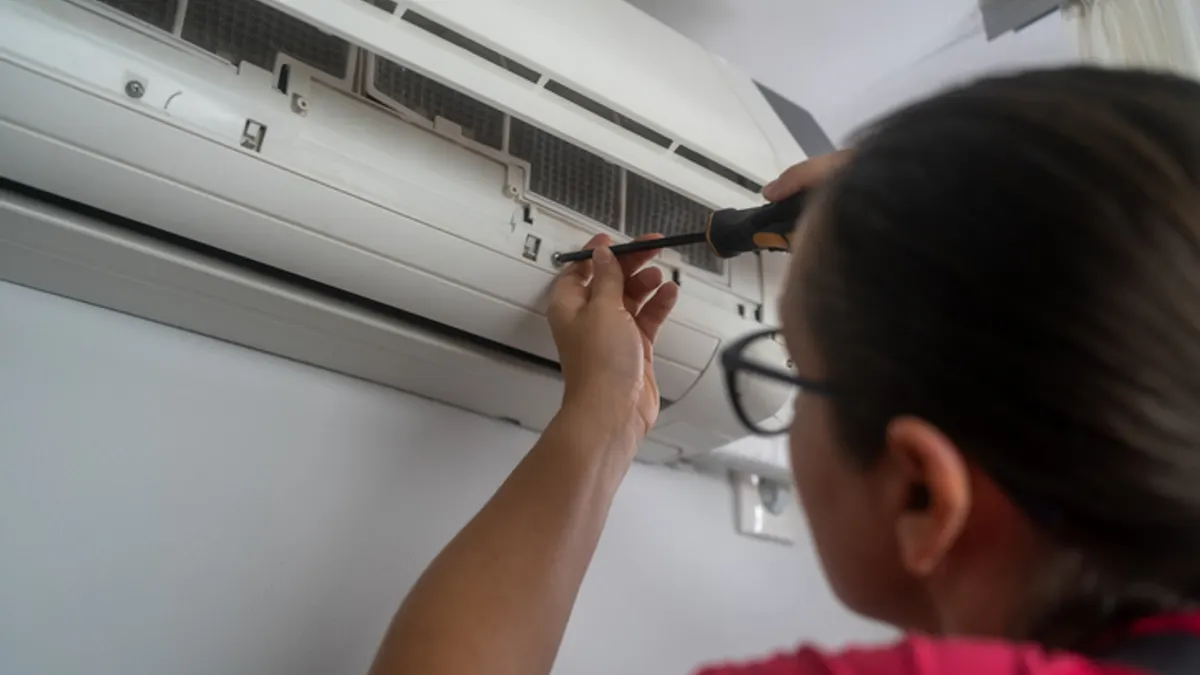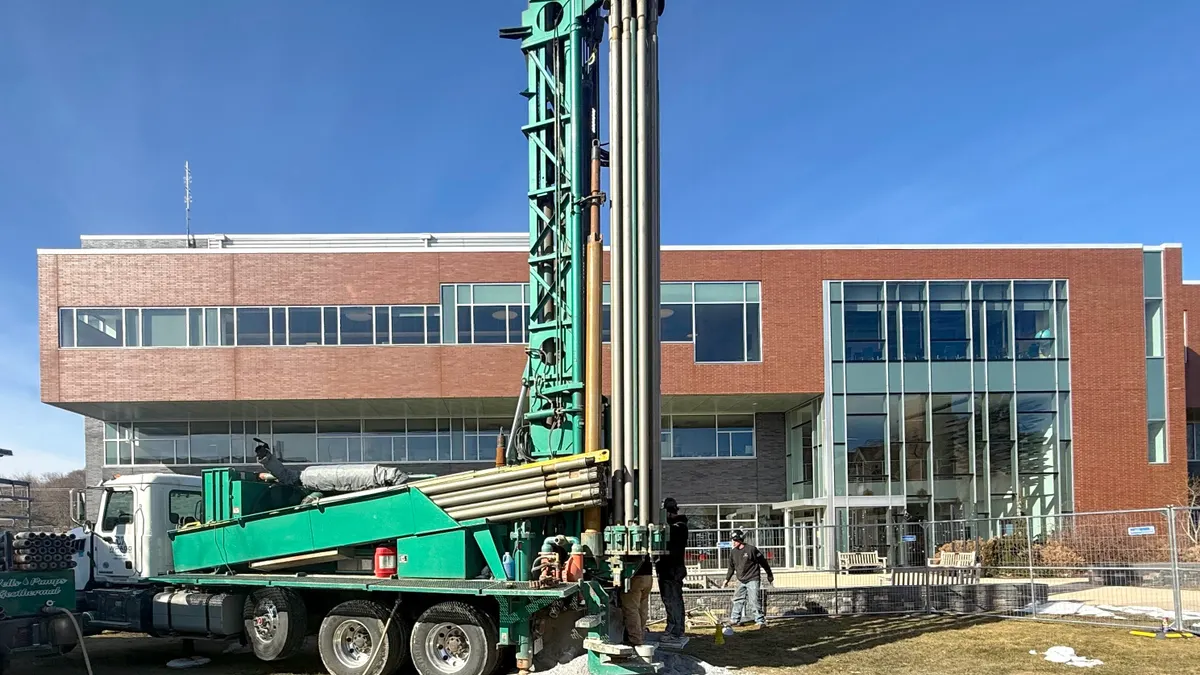Dive Brief:
- The Senate has passed legislation that requires federal agencies to address employee safety and improve oversight of projects that face budget overruns and delays.
- The Improving Federal Building Security Act of 2024, or S.3613, requires facility security committees in federal buildings to formally consider security recommendations involving measures such as physical access control systems, screening equipment and security cameras. The Billion Dollar Boondoggle Act of 2023, or S.1258, directs the Office of Management and Budget to issue guidance requiring agencies to submit an annual report to Congress on projects that are more than five years behind schedule or those that have gone over-budget by at least $1 billion.
- Both bills, approved by the Senate on March 23, were forwarded to the House floor on March 26 and are now awaiting a vote.
Dive Insight:
For at least the past half decade, many federal agencies have failed to implement safety recommendations from the U.S. Department of Homeland Security’s Federal Protective Service, which provides security at over 9,000 federal buildings. Data from the FPS indicates that tenant federal agency officials and building managers did not respond to over half of its recommendations provided from fiscal year 2017 through 2021, per a report from the U.S. Government Accountability Office in September 2022. Of the 27% of recommendations approved by Federal Security Committees, agencies implemented only about 22%, or approximately 1,500 of the 25,000 recommendations the FPS made at nearly 5,000 facilities.
The absence of an oversight mechanism to ensure that federal facilities are implementing measures to counteract threats to security, or shouldering the risks of not doing so, has led the GAO to state that the federal government “lacks reasonable assurance that such facilities are secure,” according to its 2022 report. In discussions with the GAO, facilities representatives have cited concerns over cost constraints and the feasibility of implementing recommended facility countermeasures like security cameras, the government office said.
S.3613, introduced by Sens. Gary Peters, D-Mich., and Rick Scott, R-Fla., would require federal agencies to respond to FPS within 90 days of their issuance, indicating whether the facility security committee intends to adopt or reject the recommendations and financial implications associated with the decision. Although agencies will not be forced to execute the FPS’ suggestions, they will need to provide a written explanation to the Secretary of Homeland Security, detailing their reasons for rejecting the law enforcement agency’s recommendations. The FPS will monitor the responses and annually report those responses to Congress. Additionally, the protective services agency will report to Congress any surveillance technology it recommends for use in federal buildings.
S.3613 comes on the heels of President Biden’s executive order, issued last November, to establish interagency working groups under the leadership of the Interagency Security Committee, which is tasked with evaluating and strengthening security in federal buildings.
S.1258, the Billion Dollar Boondoggle Act of 2023, which requires agencies to notify Congress about projects that are delayed for more than five years or those whose costs have exceeded original estimates by at least $1 billion, mandates that agencies report information that includes a description of each project, an explanation of why the original project scope changed, and the original and current expected dates of completion. The director of the OMB must issue guidance to covered agencies within a year of the date the act is enacted.











